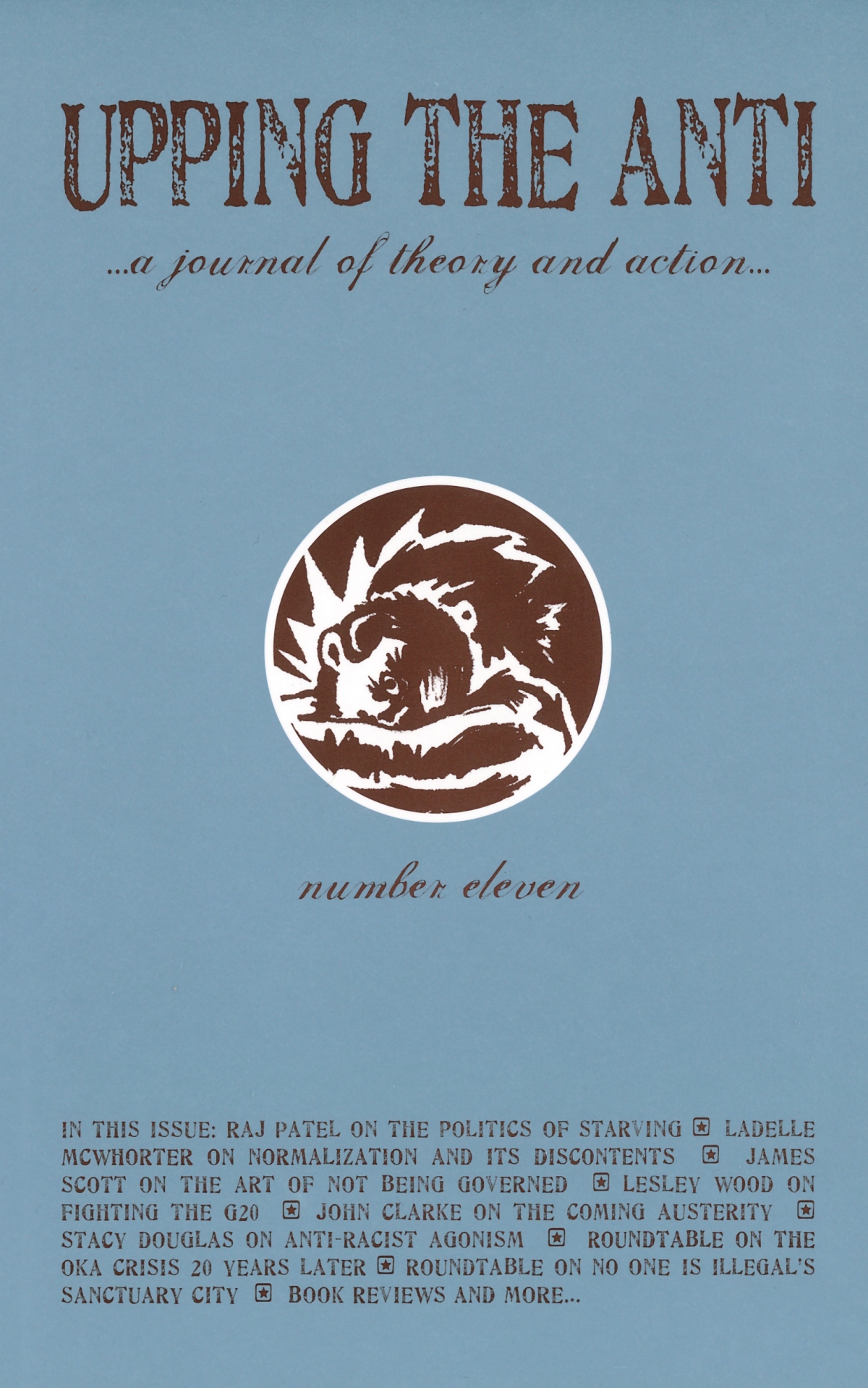Response to Widdowson and Howard
It is rare to come across a piece of writing so unintentionally hilarious and filled with contradictions as the above letter by Frances Widdowson and Albert Howard. By simply reading their first and last sentences in conjunction, one can see that their entire argument neatly collapses in on itself. They open by denying that they have “anti-native, colonialist, racist and right-wing sympathies,” only to conclude by revealing that they are unable to reckon with the fact that indigenous people did indeed have their land stolen by white men, and by suggesting that the discussion of this land theft and the “promotion of un-realizable indigenous sovereignty” is to blame for the “rift between aboriginal and non-aboriginal people”– and not the practices of Canadian colonialism itself.
This, in a nutshell, is the entire problem with their argument, both in this letter and in their book. They continue to regard the process of Canadian colonialism and the integration of indigenous people into capitalist wage relationships as a “progressive” stage in a teleological and inevitable evolution of humanity. Nor do they have the slightest interest in what indigenous people fighting against colonialism might have to say about how they conceive of their own struggles and end goals. This, and their respect for the bourgeois “rule of law” imposed by force on the territory of indigenous peoples, has led them into collaboration with neoconservatives such as Tom Flanagan and grassroots anti-native activists such as Mark Vandermaas and Gary McHale (see footnote 4 on page 113 of my article for documentation about how this collaboration extends beyond Widdowson’s invitation of McHale and Vandermaas to her conference).
My disagreements with Widdowson and Howard have nothing to do with any kind of postmodern “new leftism” or support for a government sponsored “Aboriginal Industry” on my part. My argument is that, because of the specific way that the Canadian government dispossessed indigenous people in the 19th and 20th centuries, the transition to capitalism in “Indian Country” is far from complete. Indigenous struggles remain one of the primary barriers to capitalist development in great swaths of the country. As a result, indigenous peoples and anti-capitalist activists have common ground for a struggle against the commodification of land and labour, and Marxists should not rule out the possibility that these struggles could point towards the evolution of non-capitalistic social practices in the here and now. Finally, the way in which indigenous communities successfully use direct action tactics to defend and advance their interests may also give inspiration to labour and environmental struggles in non-indigenous struggles as I argued in my article entitled “Six Nations, Direct Action, and the Struggle in Brantford” in UTA 7.
Widdowson and Howard– who are happy to accept a Marxist label when they feel the need to distinguish themselves from Conservative Party hacks like Tom Flanagan, but who abandon it whenever they are called to account for their political inconsistency and strategic alliance with anti-native activists– stand in a long line of apologists for the alleged “progressiveness” of capitalism. As I demonstrated in my article, their positions are perfectly in keeping with social democratic and Stalinist notions of “stagism,” and are a disservice to Marx’s own revolutionary legacy. They would do well to reconsider the suggestion that their politics shed any light in understanding the present condition of indigenous people within the Canadian state.
Tom Keefer
Toronto

